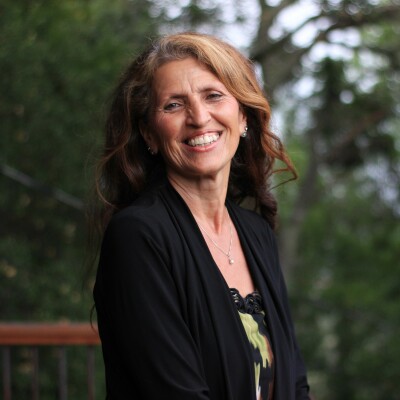Baby Biota – The Role of the Microbiome in Child Development

A baby’s microbiome, or the “baby biota,” is a major factor in child development, spanning immunity (both competence and tolerance) to neurologic health. It is unique in its composition, responding and changing as the child grows. The first three years of life offer clinicians an opportunity to optimize the microbiome to support health not just during childhood but throughout a child’s lifespan.
In this talk, Dr. Perro will cover the following points:
- The parents’ role in the formation of the baby biota
- How the baby’s microbiome supports their own needs
- The differences between the microbiota in babies and adults
- The effects of breast milk and formula-fed nutrition on a baby’s microbiome
- Tools to optimize the development and health of the baby’s biome
Speaker
 Michelle Perro, MD
Michelle Perro, MD
Michelle Perro, MD, DHom, is a veteran pediatrician with four decades of experience in acute and integrative medicine. More than fifteen years ago, Dr. Perro transformed her clinical practice to include GMO and pesticide advocacy. Dr. Perro has co-authored the highly acclaimed book What’s Making Our Children Sick? and is Executive Director of a non-profit scientific-based website GMO Science. She has authored many publications and has a column in the journal The Townsend Letter. She is an Advisor for the recently launched website Regeneration Health International, a nonprofit-based group focused on holistic health and promoting food as medicine. Dr. Perro has lectured nationally and internationally on regenerative food/soil, environmental health, and justice issues focused on children. She hopes to have her second book, “Making Our Children Well,” released next summer.
About the Author: CJ Weber
Also on Integrative Practitioner
Dental Danger: Signs of Sleep Breathing Disorders in children and Adults, Learn the Visual Clues
5 months ago | 0 Comments
Non-Member Price: $30.00 Member Price: $18.00 – 40% Off for Members Only Add to Cart Presented by: Mark Breiner, DDS,...
Integrative and Comprehensive Approach to Inflammatory Bowel Disease
5 months ago | 0 Comments
Non-Member Price: $30.00 Member Price: $18.00 – 40% Off for Members Only Add to Cart Presented by: Ronald Hoffman, MD,...
Measuring Biology vs. Symptomatology: The Fully Integrated Functional Wellness Program
5 months ago | 0 Comments
Non-Member Price: $30.00 Member Price: $18.00 – 40% Off for Members Only Add to Cart Presented by: Dane Donohue, DC...
Change Your Genes, Change Your Life
5 months ago | 0 Comments
Non-Member Price: $30.00 Member Price: $18.00 – 40% Off for Members Only Add to Cart Presented by: Kenneth Pelletier, PhD,...
Guided Imagery – Efficacious, Portable, Scalable, User-Friendly, Self-Administered
5 months ago | 0 Comments
Non-Member Price: $30.00 Member Price: $18.00 – 40% Off for Members Only Add to Cart Presented by: Belleruth Naparstek, ACSW...
















